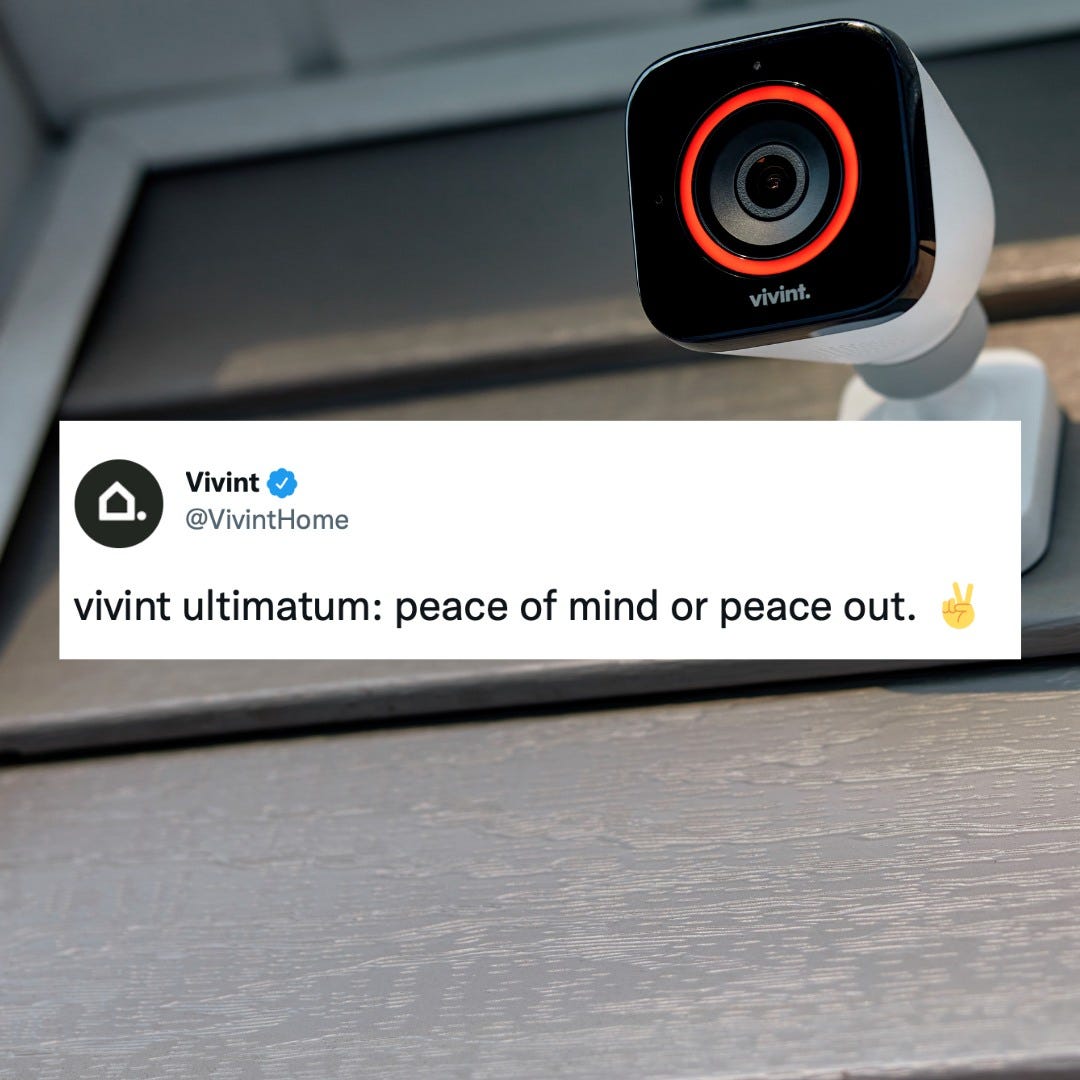🏠 Vivint's $20M Settlement: A Costly Reminder of Consumer Credit Misuse
Did you discover a Vivint account opened in your name? You may be eligible for a refund.
In an age where smart home security systems promise peace of mind and convenience, it's easy to overlook the potential pitfalls that come with entrusting companies with our personal data. However, a recent hefty settlement between the Federal Trade Commission (FTC) and Vivint Smart Homes Inc. unveils a dark side to this modern convenience.
The Utah-based firm, Vivint, known for its smart home monitoring and security services, agreed to cough up $20 million to settle allegations of credit report misuse, aimed to aid unqualified customers in securing financing for their products and services. The settlement consists of a $15 million civil penalty and an additional $5 million to compensate the victims of this misuse.
This legal scuffle initiated with a complaint filed by the Department of Justice (DOJ) on behalf of the FTC. The commission alleged that Vivint breached the Fair Credit Reporting Act (FCRA) by unjustly obtaining credit reports to qualify potential customers for financing. Moreover, the FTC pointed out Vivint's failure to implement an identity theft prevention program as required by the FTC’s Red Flags Rule, further endangering consumer data.
"Vivint’s sales staff stole people’s personal information to approve others for loans," remarked Daniel Kaufman, Acting Director of the FTC’s Bureau of Consumer Protection, underscoring the seriousness of the misuse. "For harming people's credit and misusing sensitive data, this company will pay $20 million."
The FTC unearthed that some Vivint sales representatives resorted to deceptive tactics like “white paging,” where they'd find another consumer with a similar name on the White Pages app, using that consumer’s credit history to qualify the unqualified prospective customer. They would even go as far as to add an innocent third-party as a co-signer to the account without their permission, using their credit history to qualify the prospective customer.
The consequences of such deceptive practices were severe. Customers who defaulted on their loans due to these tactics saw the innocent third parties being referred to Vivint’s debt buyer, thereby harming their credit and opening them up to debt collectors. Many aggrieved consumers reached out to the FTC, claiming to be victims of identity theft after being contacted by Vivint’s debt collectors.
Vivint, although aware of these unethical practices, showed a pattern of terminating and then rehiring the erring sales representatives, as per the FTC allegations.

Beyond the monetary judgment, the settlement has mandated Vivint to establish employee monitoring and training programs, an identity theft prevention program, and a customer service task force to ensure accounts belong to the rightful owners before any debt collection referrals. Furthermore, Vivint is required to obtain biennial assessments by an independent third party to comply with the FCRA and is prohibited from engaging in the kind of misconduct detailed in the complaint.
For those unwittingly embroiled in this debacle, there's a silver lining. Individuals who didn’t sign up for Vivint’s services but were contacted by debt collectors or found Vivint accounts wrongly listed on their credit reports may be eligible for compensation from this settlement.
As the smart home industry burgeons, this episode serves as a stark reminder for families to exercise caution, scrutinize the fine print, and ensure that the companies they entrust with their home security and personal data are adhering to the legal and ethical standards that protect consumers from fraud and identity theft.
File your claim by October 9th, 2023.
🏠 SelectBlinds® Accused of Fake Discounts, Agrees to $10 Million Settlement
We're reader-supported and only partner with Attorneys and brands we trust. When you buy through links on our site we may receive a small commission at no extra cost to you. A little more persistence, a little more effort, and what seemed hopeless failure may turn to glorious success.









